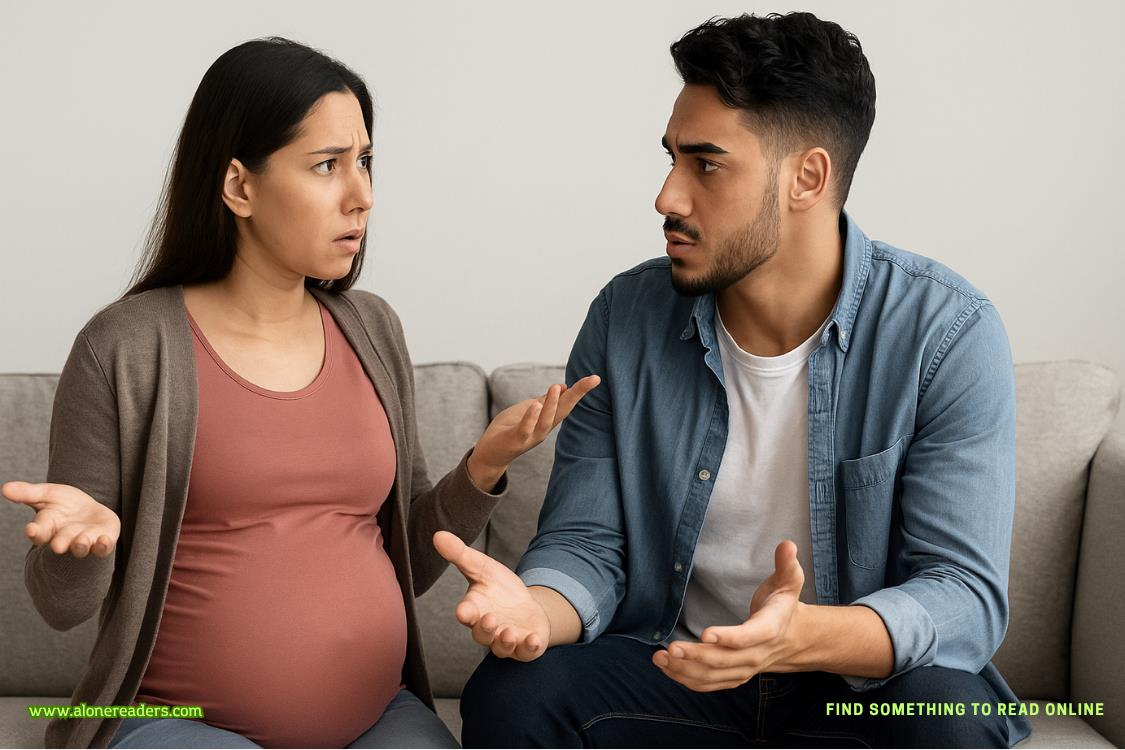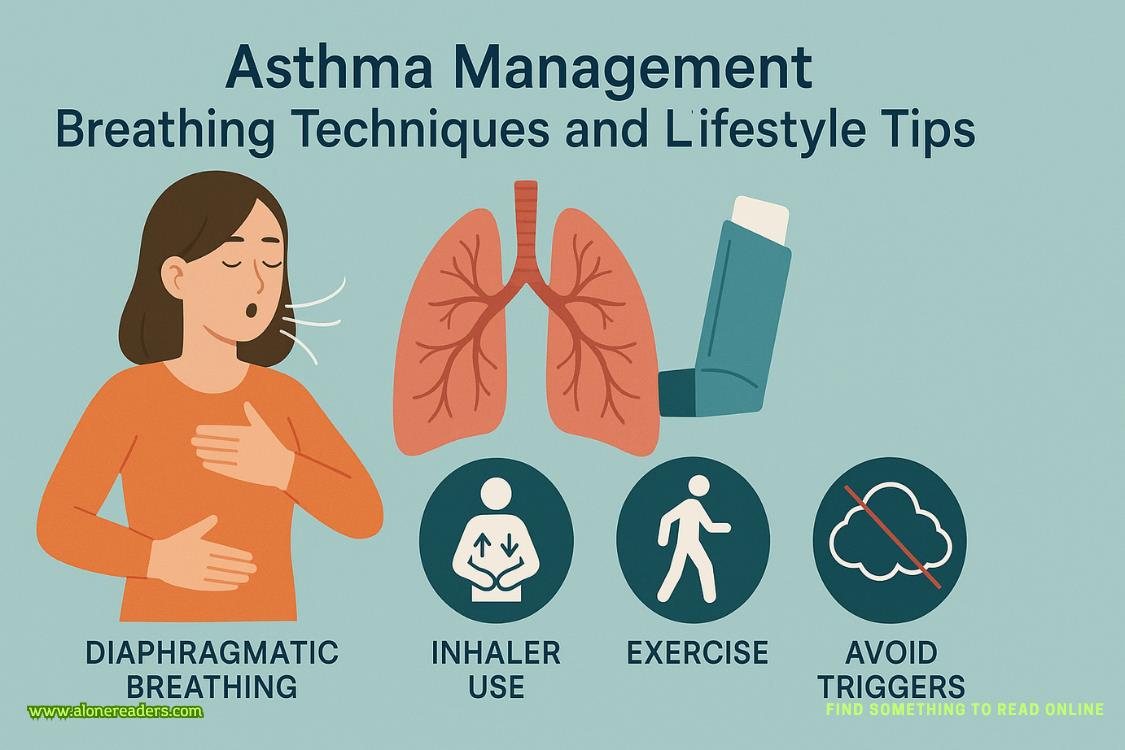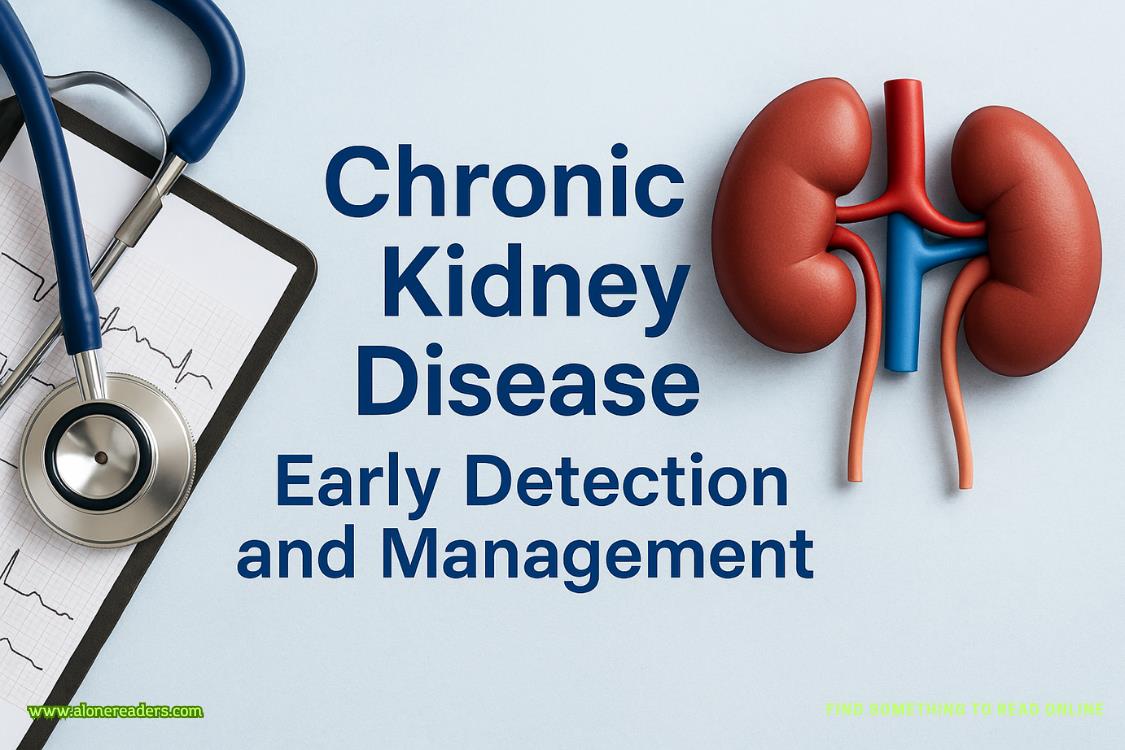He crossed himself and lowered his voice so the assembled stepped forward to hear.
“May the Lord bless you and keep you. May His face shine upon your journey, and may His mercy meet us at the end of every road.”
As the first pilgrims stepped forward, Father Molnár glanced at the Soviet officers.
They gave no sign, no approval or denial.
They gave only silence.
And we began to walk.
By midmorning, we had crossed through the city’s edge—the crumbling industrial belt where chimneys stood like broken teeth and every brick held the soot of a war no one wanted to remember—into Budapest’s heart.
None of our watchers, neither Soviet nor Hungarian, followed. None appeared along our path. We’d been examined, searched, observed. Apparently, they thought it was enough.
At least, for now.
The group moved slowly, deliberately.
Older pilgrims paused often. Younger ones carried their burdens with less grace.
I kept one eye on Eszter. She played her part—shy, mute, never straying more than a pace from Sparrow. A few times I caught her holding Sparrow’s hand as we walked. The sight offered warmth on a wintry day.
Thomas, though . . .
He was trying.
God, he was trying, but the pace wore on him. The cold bit into his wound, and his shoulder was sagging by noon. He never complained, never slowed enough to draw attention, but I saw the tremor in his fingers, the sheen of sweat despite the chill, the way he kept flexing his good hand, like the act of moving something helped him stay upright.
Around us, others sang softly or prayed in murmurs.
Rosary beads clicked.
Crutches creaked.
We walked through fields of dry grass, past burned orchards and abandoned train cars, until the city began to fall away.
By sundown, the church appeared like a miracle. It was a low stone building on the edge of a pine grove, its bell tower crooked but proud. Smoke curled from a chimney. Its wooden doors swung open before we even reached the steps.
Inside, there was blessed warmth.
And the scent of freshly baked bread.
And the flicker of candles on stone.
Father Molnár spoke with the local priest while volunteers passed out food—thick soup, dark bread, small apples that had seen better seasons. Blankets were distributed. Pallets lined the nave like a patchwork quilt. Some pilgrims wept, grateful to be indoors. Others prayed, knees pressed to stone.
I found Thomas by the edge of one pallet, his eyes closed and arm clutched to his side. I kneeled beside him and pulled the bottle from my coat.
“Take a drink.”
“I’m fine,” he muttered.
“You’re not. You’re the color of smoke, your gait’s shot to hell, and your eyes look like . . . Just take it, okay?”
He didn’t open his eyes. “If I take it now, I won’t wake if something happens.”
I pressed the bottle into his palm anyway.















